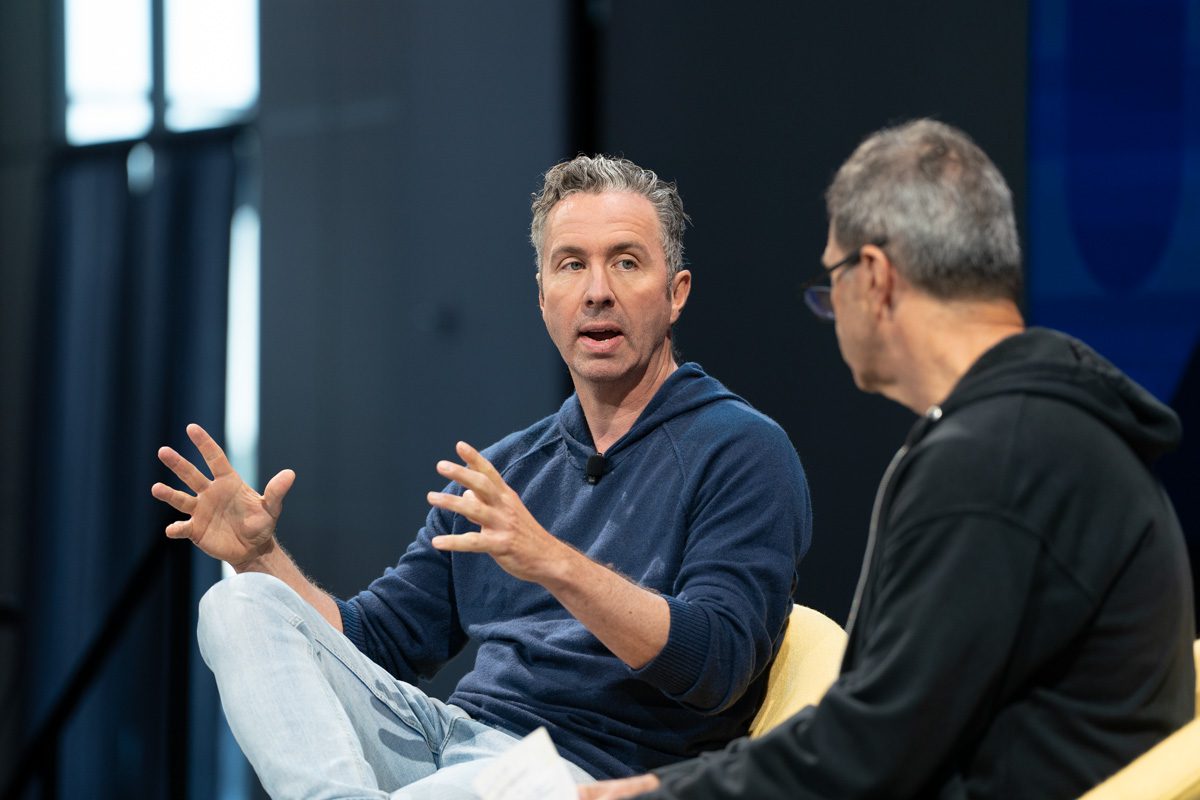Exclusive: Expedia Terminates Its Hopper Relationship, Says It 'Exploits Consumer Anxiety'

Skift Take
Expedia Group, which has supplied rival Hopper with hotel and vacation rental inventory for several years, terminated the relationship Wednesday over a variety of practices that Expedia believes are anti-consumer, Skift learned exclusively.
"Expedia Group terminated its supply relationship with Hopper today," an Expedia Group spokesperson told Skift. "The reasons for termination are simple: As Hopper's product has evolved, we have determined that its features exploit consumer anxiety and confuse customers, leading them to purchase services they neither need nor fully understand. As leaders in powering the B2B travel market, we have a commitment to travelers and to our supply partners that we take very seriously and, as such, we are ceasing placing our trusted supplier content on the Hopper platform."
A Hopper spokesperson said Wednesday that "although it seems that Expedia planned and delivered its notice in an anti-competitive attempt to cause disruption to Hopper’s business, there will be no impact at all. Hopper has always had a multi-sourced strategy when it comes to our inventory. Expedia was one participant among many within Hopper’s marketplace.
"As Hopper has grown its market share, we’ve moved substantially to direct inventory to ensure we always offer the best price and selection for our customers. Expedia’s decision to withdraw from Hopper channels will not affect the selection or prices available to Hopper consumers. Hopper will continue to be the best place to book travel." (See Hopper's full statement below.)
Expedia Group has supplied hotels to Hopper for around five years, and more recently provided Hopper with vacation rentals, as well, although Hopper has other suppliers, too.
"Lodging supply that we provide via our Rapid API will no longer be available on the Hopper platform today," the Expedia Group spokesperson said. "We will, of course, continue to support travelers with current bookings after the termination date."
Sources familia

